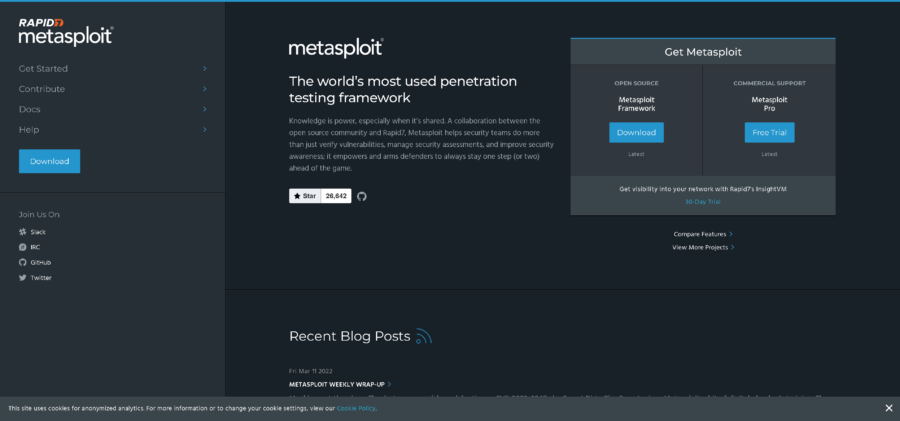Big data has become a trusted resource for people in industries ranging from health care to marketing. It shouldn’t be surprising, then, that big data is quickly becoming the future of law enforcement, too. Below, we’ll look at several scenarios that illustrate how police professionals and security employees depend on big data to do their jobs better.
One problem with major, spontaneous crime events is that police often have no choice but to use a reactive approach. However, the rise in what’s known as “predictive policing” is changing that reality.

By using big data algorithms, law enforcement personnel can get insights about areas that may be prone to crimes at specific times and prepare by sending extra officers to those neighborhoods before things happen. Private property owners could also respond proactively by hiring additional security officers before a particular event that big data indicates may attract a rough crowd.
Big data is also used in this way to target past offenders and give them resources that could reduce the likelihood they disobey the law again. In one case, the Kansas City Police Department initiated the Kansas City No Violence Alliance and contacted people who had broken the law before to help them find improved housing and employment prospects. Some estimates say this program reduced homicides by 20 percent in the targeted area, and made the community better in other ways too.
The Los Angeles Police Department applied a similar algorithm-driven method to its work by relying on data to aid preparedness. That big data solution lowered incidences of burglaries by 33 percent, violent crimes by 21 percent and property-related crimes by 12 percent.
However, critics of predictive policing cite issues such as faulty algorithms and law enforcement profiling. It’s not a perfect technology, but it has benefited some communities that have tried it.
The headlines are full of details about how police officers were unnecessarily harsh when restraining alleged criminals, used verbal abuse to try to get people to confess to things or fired their weapons despite the absence of genuine threats to safety.
However, these unfortunate circumstances do not reflect police forces at large. They just indicate some officers are more prone to misconduct than others, and the consequences of that reality can be fatal.
However, data experts are hopeful about the prospects of using big data to tackle police misconduct before the related behaviors get announced on news programs around the world.
For example, if data algorithms indicated an officer was at an elevated risk of engaging in misconduct due to extreme stress, a supervisor could raise concerns in a conversation with the individual and get him or her set up in a counseling program.
Using data in this way could lead to biased results, which is why it’s crucial for organizations that use it to take big-picture views of the situations they encounter. When applied carefully and with knowledge of its limitations, big data’s revelations could lead to policy changes that reduce the chances police departments or security firms might have to answer for the actions of wayward officers.
Of course, not all crimes occur in the physical realm. Some happen online, such as identity thefts, phishing attempts and data breaches.
For the victims who deal with the fallout from these offenses, they can be just as devastating as physical crimes.
CitiGlobal is an example of both a physical and cyber security services company that provides protection from hackers and physical threats alike. In addition to providing physical security for events, colleges and banks, the company also offers services like datacenter security, host and endpoint security and cloud security.
This just goes to show that digital technologies are impacting the policing and security industry in more than one way. Not only can data be used to predict crimes, but it’s becoming a tool that criminals can use to commit crimes too. Given this issue, it’s likely more security companies will start expanding their services to protect civilians from digital attacks as well.
This is only a brief overview of how big data is impacting people in law enforcement.
As these technologies become more accurate and relevant, we can hope for a world that’s safer for everyone.
By Kayla Matthews





